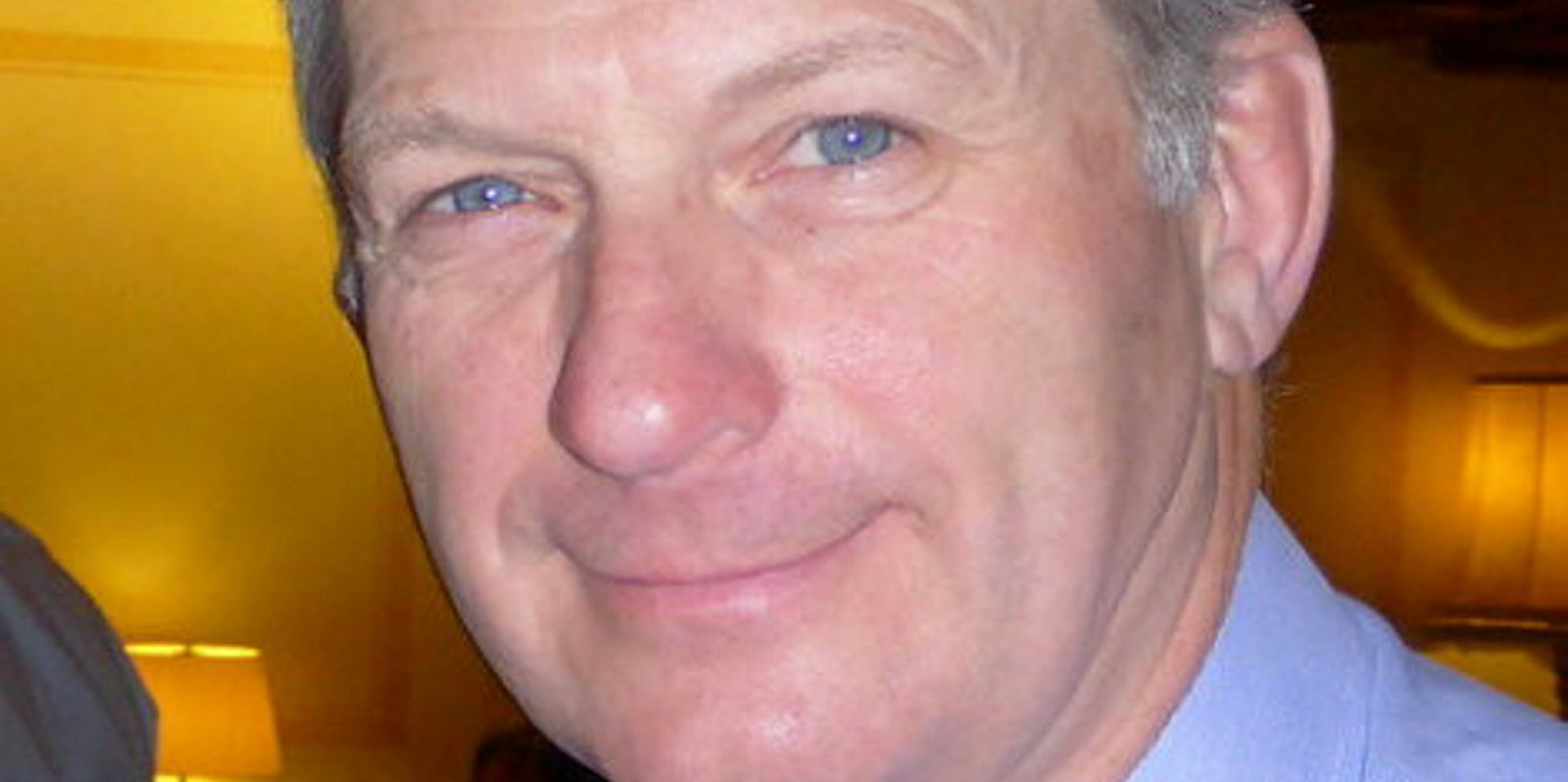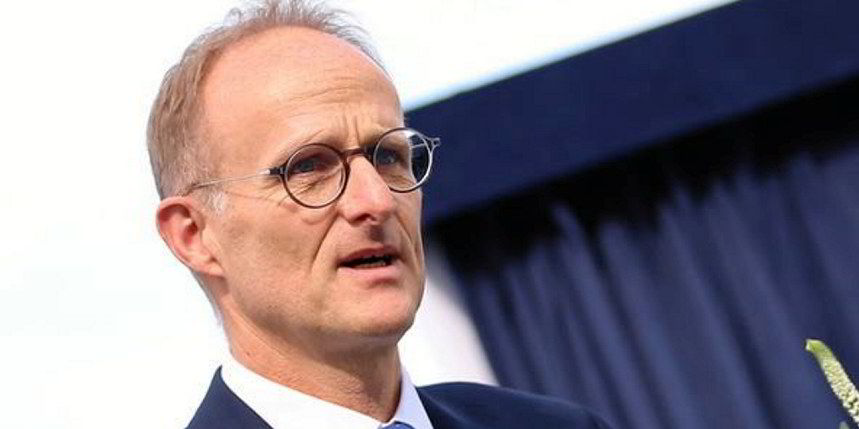The head of the International Foundation for Aids to Navigation (IFAN) has opened up about the challenges of persuading owners to pay for its services in the Middle East.
The organisation is hiking fees for the first time since 2006 to cover its costs.
Chief executive Peter Stanley told TradeWinds that it is still tough getting some companies to pay up to its subsidiary Middle East Navigation Service.
“We’ve had one or two successes, which is good,” he told TradeWinds. “We’ve had a major shipper say it’s our policy to pay, which is great.
“And then we’ve had one or two other challenges along the way where we’ve lost one or two owners for a ridiculous reason — they said they don’t use our services. How is that possible — I wonder if they have asked the navigators on board?”
Stanley said that “by and large”, the organisation is on top of the situation.
“But it would be a lot easier if people would recognise the essential services they’ve received,” he said.
The service is replacing a differential GPS station in Ras Al-Khaimah after 20 years.
That is a million-dollar investment, Stanley said.
He told TradeWinds that $2m extra was needed for operations in 2021.
“What happened there was ... we used a combination of reserves and a good hire year on our commercial vessel,” Stanley said. “But we can’t rely on that in the future.”
Self-help
The organisation had kept putting off fee hikes and tried different ways of self-help.
“We increase our third-party contract work that we do in the Gulf as much as we can,” Stanley said. “And, you know, there is a subtlety here about do you recruit to create a more commercial organisation and get big third-party income? And who’s the beneficiary?
“We believe we’ve got the right size organisation to service the aids to navigation. We just need the users to pay the nav dues to cover that provision.”
One benefit of IFAN’s structure is that there is no pressure from shareholders to distribute profits.
“Everything’s provided at cost,” Stanley told TradeWinds. “And on this basis and how we price things at the moment, the new tariff will cover our operating costs and create, in the years that we’re not investing, a little bit of surplus, that we can save up and then use money for equipment renewals.”
At this stage, he does not foresee approaches from the Middle East littoral states about becoming involved in providing the service.
Recognised by Gulf states
“What we have seen recently is that the Middle East states have recognised that we do have a centre of expertise,” he said.
“They see that we’re there as a technical resource that helps them maintain the international standards for navigation. But we don’t see any conversations between them about accepting who would look after the aids to navigation in waters that a number of states might have claim over.
“I guess that’s the critical bit. It would need a coordinated conversation about ‘we’ll look after this area’. And inevitably, if one took ownership, then the other one further along the chain would want to make sure that they have access to their vessels.”




